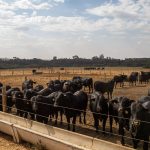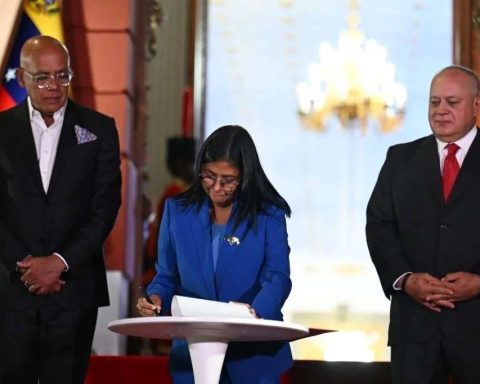The growing commercial tension between the two largest world economies – United States and China – can create opportunities for Brazil to expand its exports, especially agricultural products. The opinion is from the Secretary of Commerce and International Relations of the Ministry of Agriculture and Livestock, Luis Rua.
“Not only soy, but any other aggregate product,” commented the secretary during the press conference he gave on Tuesday (22), and in which he took stock of ministerial actions to promote national agricultural exports.
Asked about the eventual opportunities of the tariff war triggered by the president of the United States, Donald Trump, street recalled that About 30% of all poultry meat that China matters comes from the United States, which also account for something between 16% and 18% of pork and 8% of beef that Chinese consume annually.
“Obviously, with the US leaving this market [chinês]Brazil is available. Logical, there are other Players [concorrentes] But perhaps not everyone has the scale that Brazil has to be able to support [a China]”, Commented street, claiming that the end result, for exporters,“ will depend on the Chinese appetite ”by Brazilian products.
“Nowadays, with everything we are seeing, few geographies in the world are able to deliver what Brazil delivers with the same attributes. Because Brazil can have a product with quality, competitiveness, sustainability and health, as it is free from all mandatory notification diseases for any very privileged animal product,” added the secretary.
Street also assured that, despite China and the United States threaten to impose sanctions To nations who negotiate unilaterally with the commercial opponent, Brazil will continue to “talk to all countries”.
“We have said that in this dispute between two major superpowers, we fit the role of being a promoter of the Geopolitics of Peace. And that is what we will do. [negociando] with the US, with China or any other country. Brazil speaks to all countries and will continue to speak. We have not changed our strategy, ”concluded the secretary, stating that he was early to measure the impact of additional tariffs that the United States imposed on Brazilian products.

















